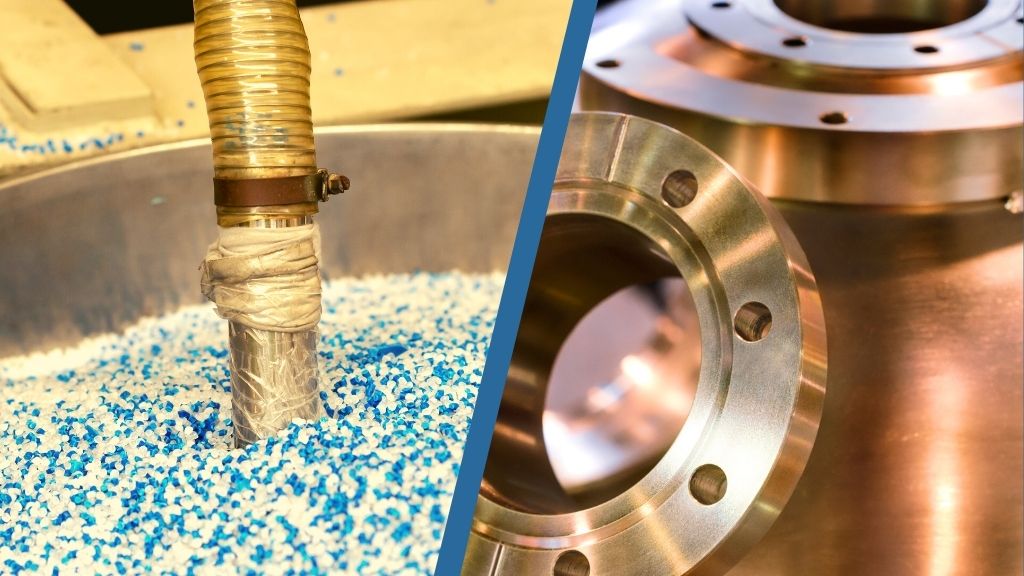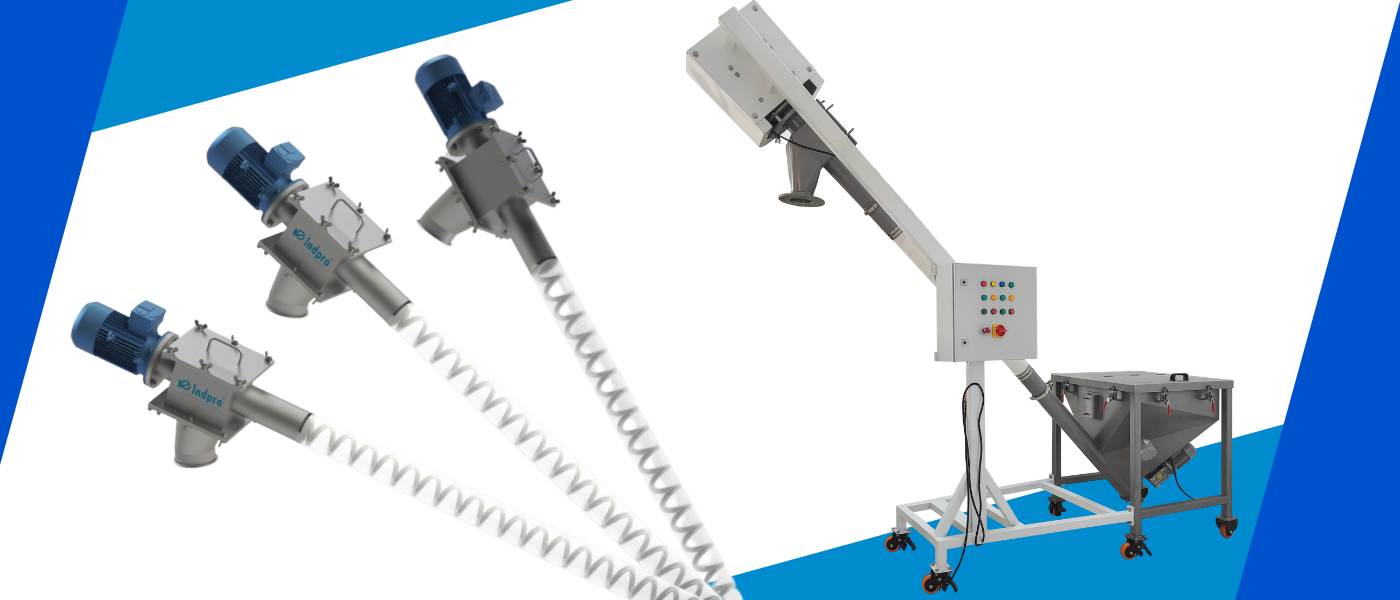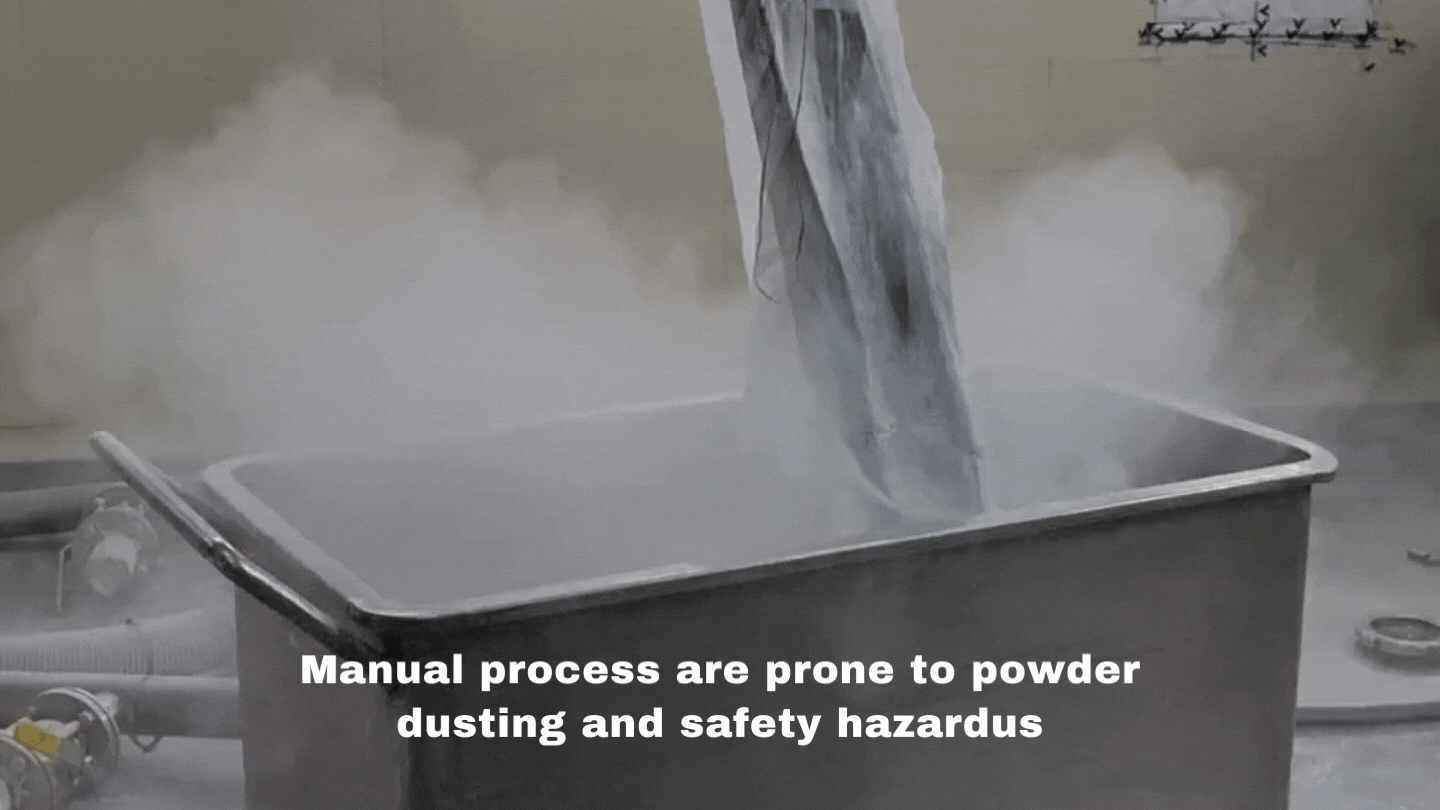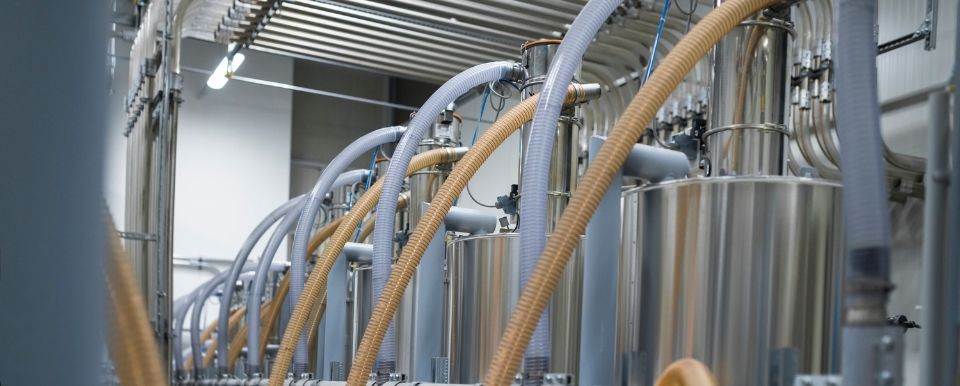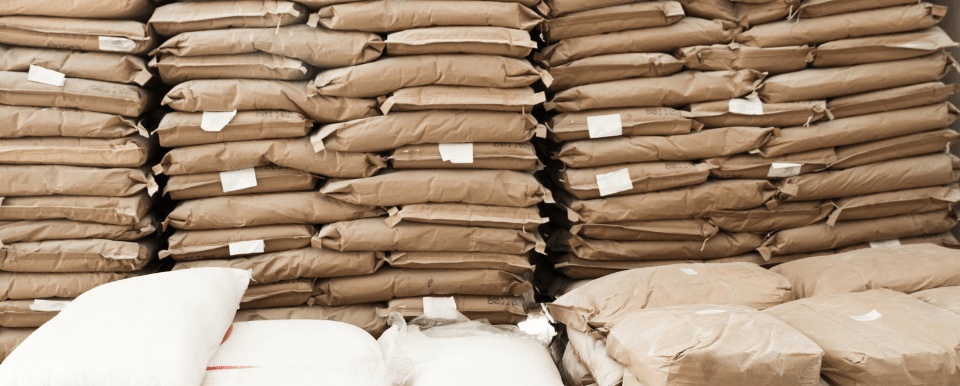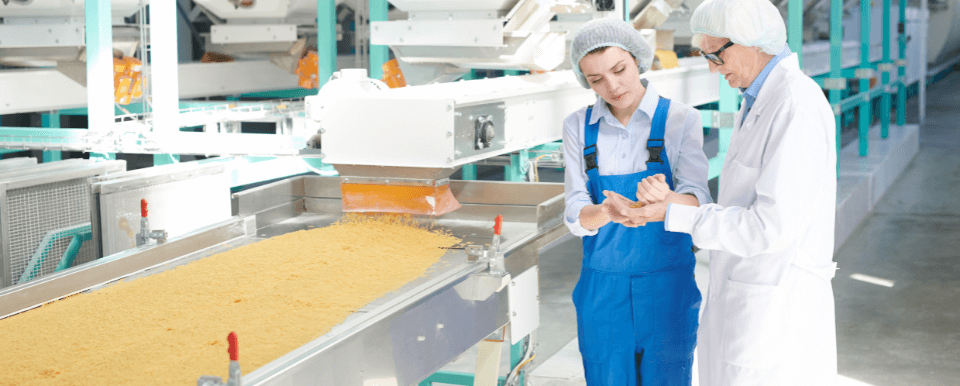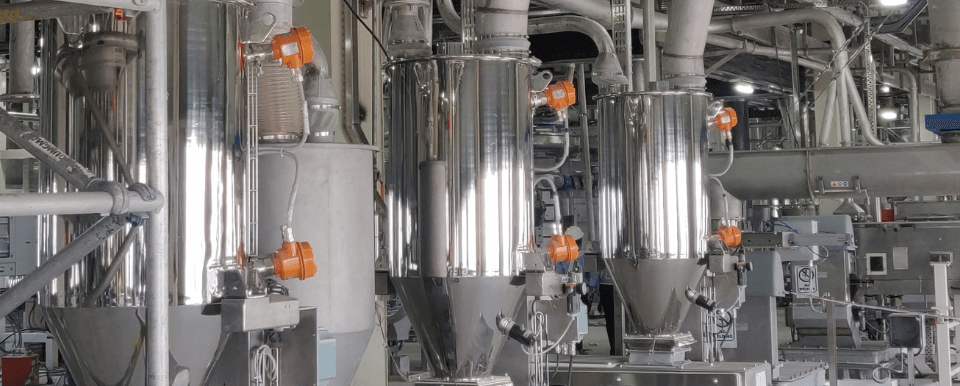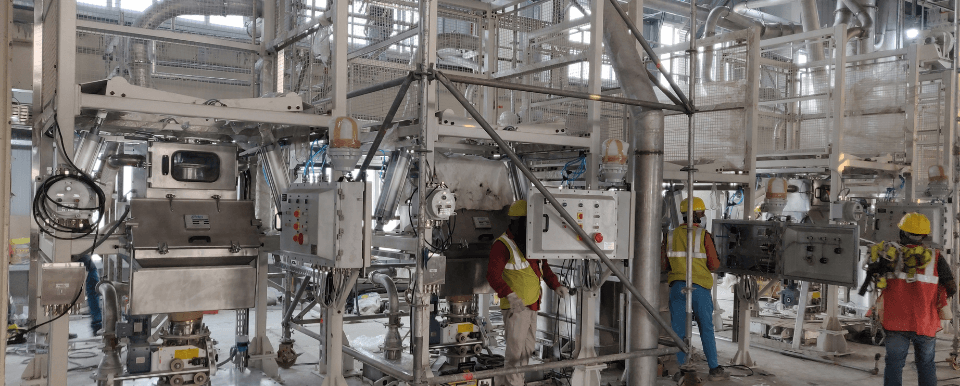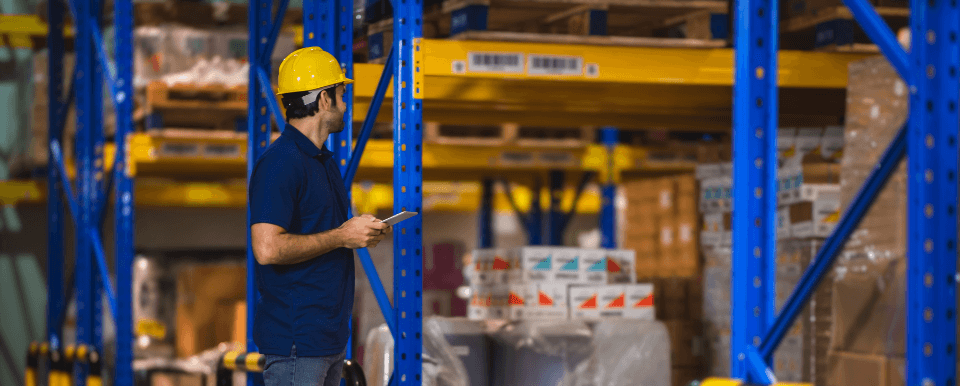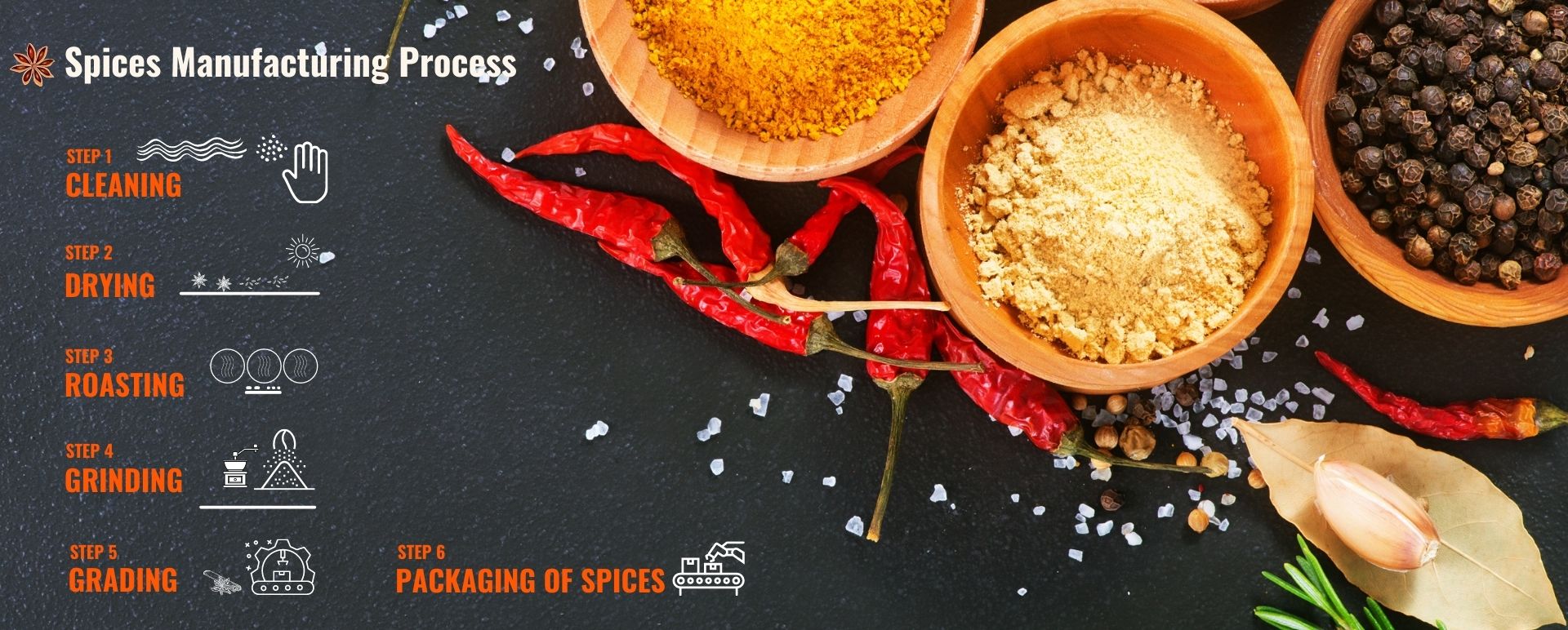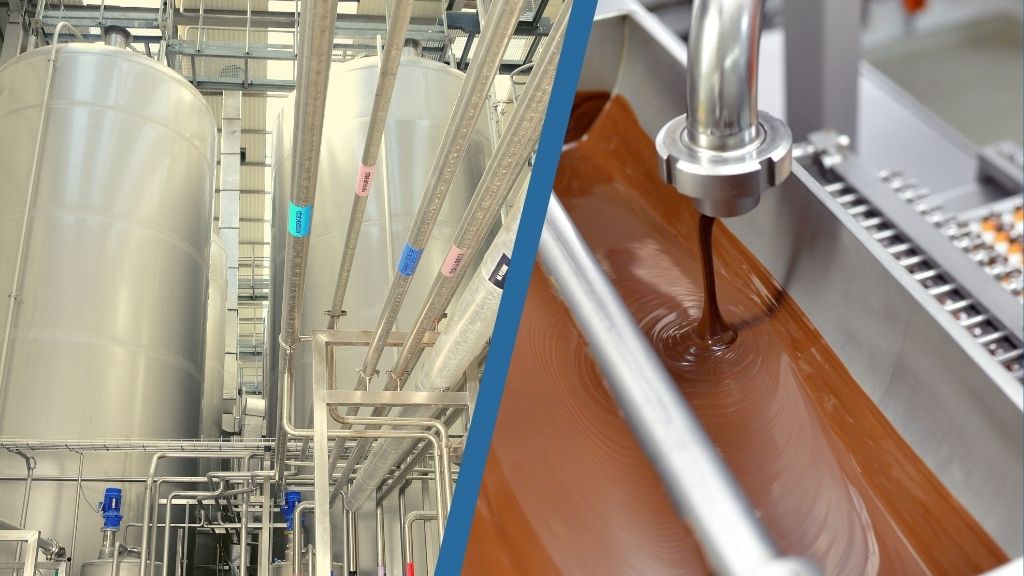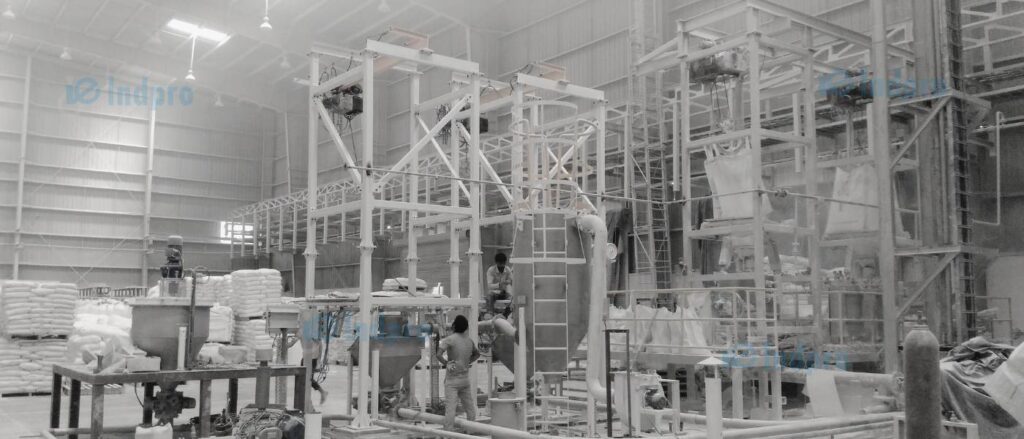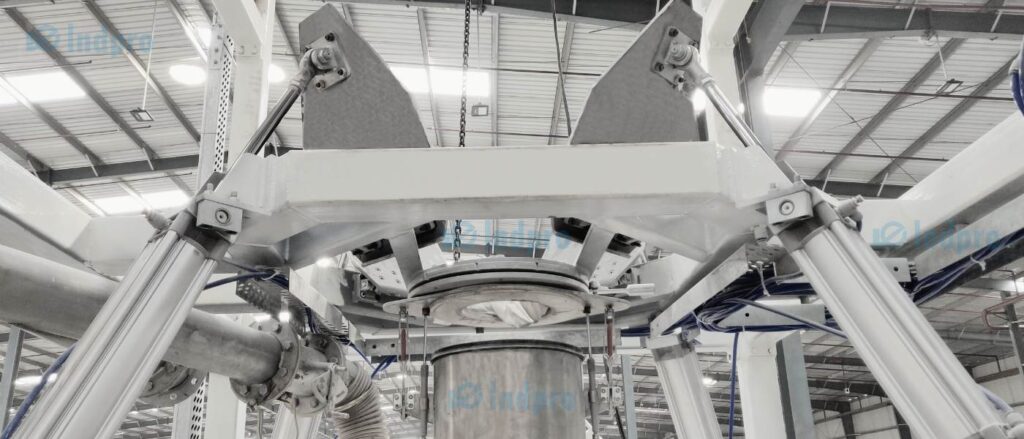Pilot-Plant Testing for Pneumatic Conveying System Design
Why is pilot-plant testing essential for designing pneumatic conveying systems?
Pilot-plant testing can be very helpful in designing a pneumatic conveying system as it allows you to evaluate the performance of the system in real-world conditions before investing in a full-scale system. Here are some ways in which pilot-plant testing can help:
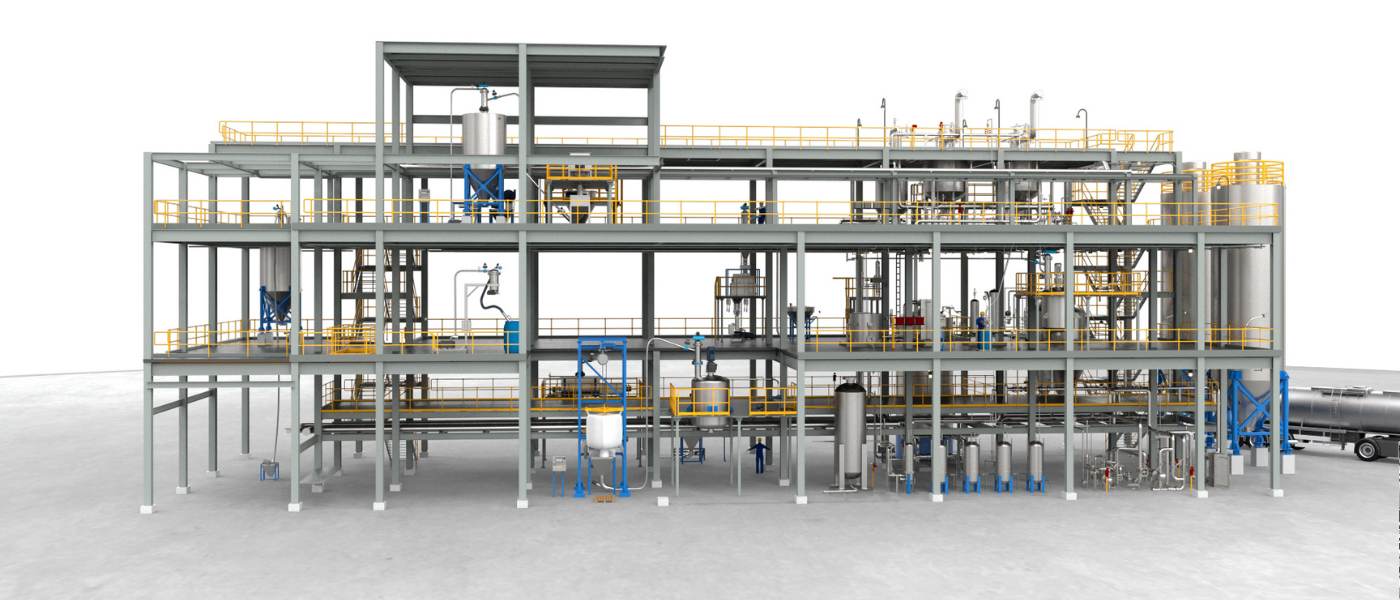
1. Determine conveying capacity:
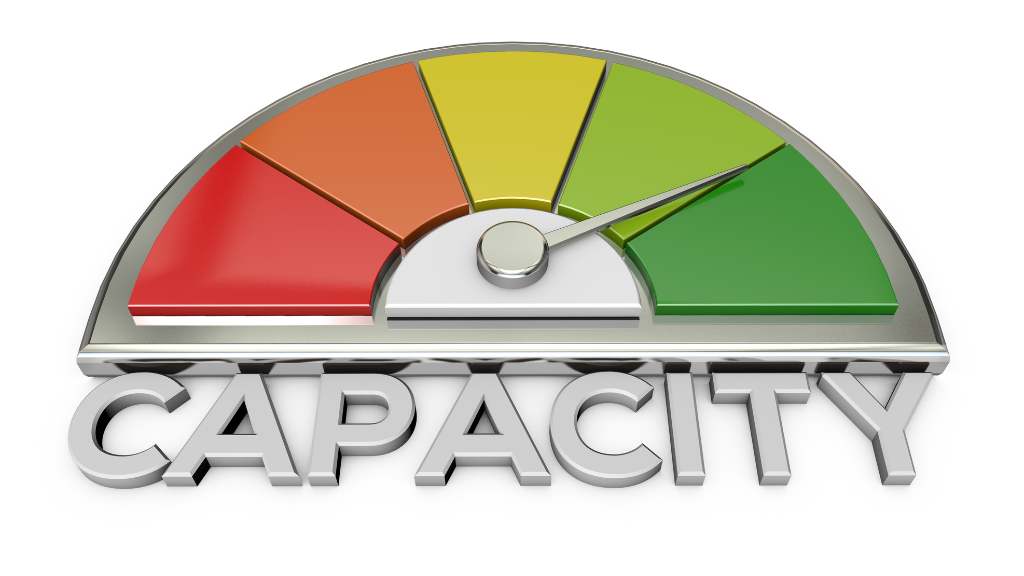

2. Evaluate material characteristics:
Different materials have different characteristics that can affect the performance of the system. By testing the system with a given material, you can evaluate how these characteristics, such as particle size, density, moisture content, abrasiveness, etc can affect the system’s performance.
3. Optimize system components:
Pilot-plant testing can help to optimize the design of the various components of the system, such as the air compressor, blower, cyclone separator, valves, filter, and receiver. By testing different configurations and settings, one can determine the most effective design for your specific application.
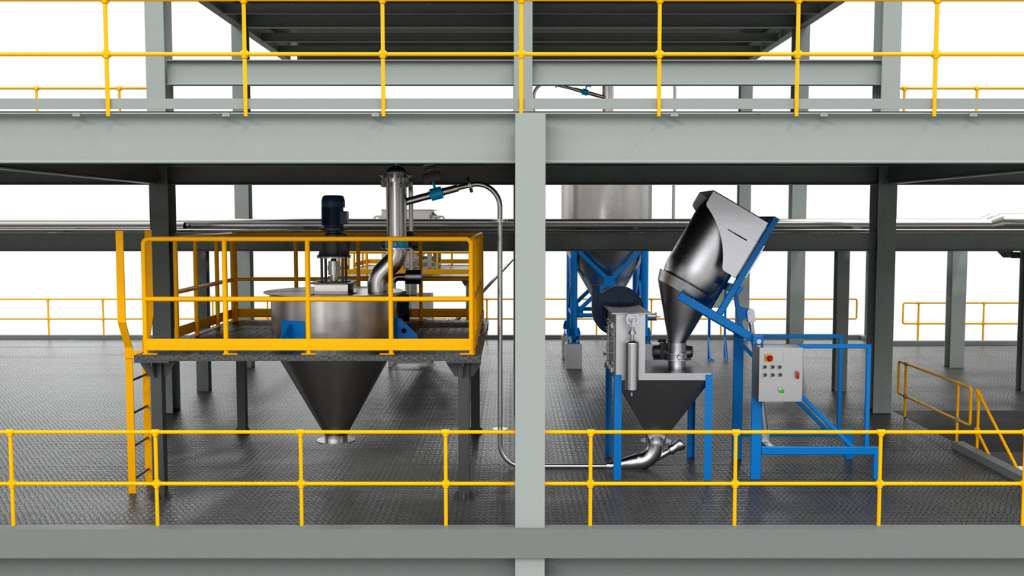

4. Identify potential problems:
Pilot-plant testing can help you identify potential problems that may arise in the full-scale system. By testing the system under different conditions, you can identify issues such as blockages, material buildup, system wear, underperformance, and adjust the design accordingly to address these issues.
5. Determine material compatibility:
Pilot-plant testing can help determine the compatibility of different materials with the conveying system. For instance, some materials may be abrasive, sticky, or prone to moisture absorption, which can impact the performance of the system. By testing the system with different materials, you can assess the impact of these properties and make necessary adjustments to the system design.


6. Evaluate energy consumption:
Pilot-plant testing can help evaluate the energy consumption of the pneumatic conveying system. By testing the system under different operating conditions, you can determine the optimal settings for the blower, air compressor, and other components to minimize energy usage while maintaining the desired conveying rate.
7. Test new technologies:
Pilot-plant testing can be used to test new technologies or components before implementing them in a full-scale system. For example, you may want to test the performance of a new type of valve, piping element, or separator to determine if it can improve the efficiency of the system.
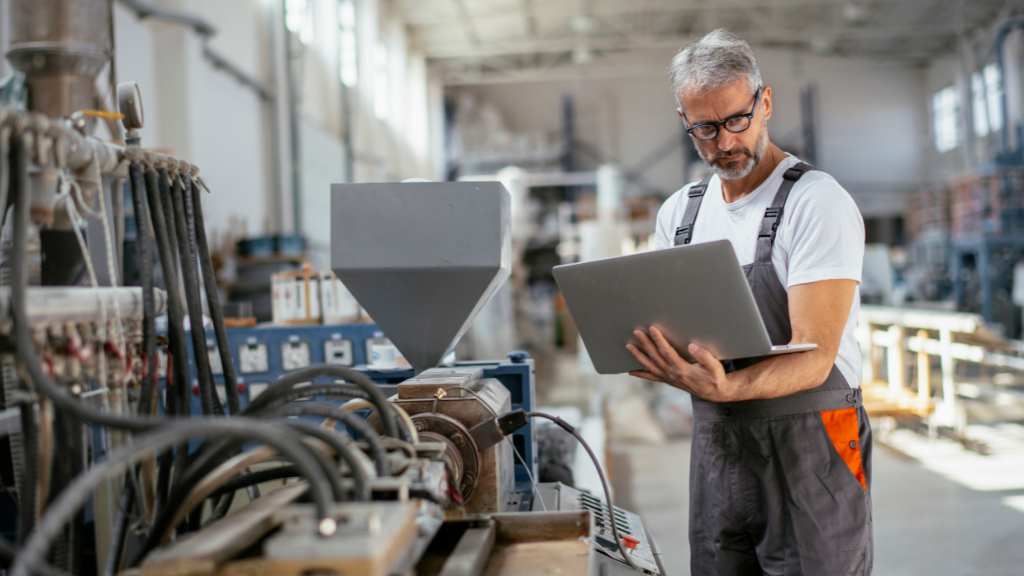

8. Ensure safety and compliance:
Pilot-plant testing can help ensure the safety and compliance of the pneumatic conveying system. By testing the system with different materials and under different operating conditions, you can identify potential safety hazards and ensure that the system meets all applicable regulations and standards.
Pilot-plant testing can provide valuable information to help you design a more efficient and effective pneumatic conveying system. By identifying potential issues and optimizing the design, you can reduce the risk of costly mistakes and ensure that your system meets your specific needs and requirements.
Our customers often bring their materials for testing to our pilot plant where we demonstrate these aspects and ensure we design the system accordingly keeping all material properties in mind. You can visit our page to know more about Indpro’s Technical Center.



